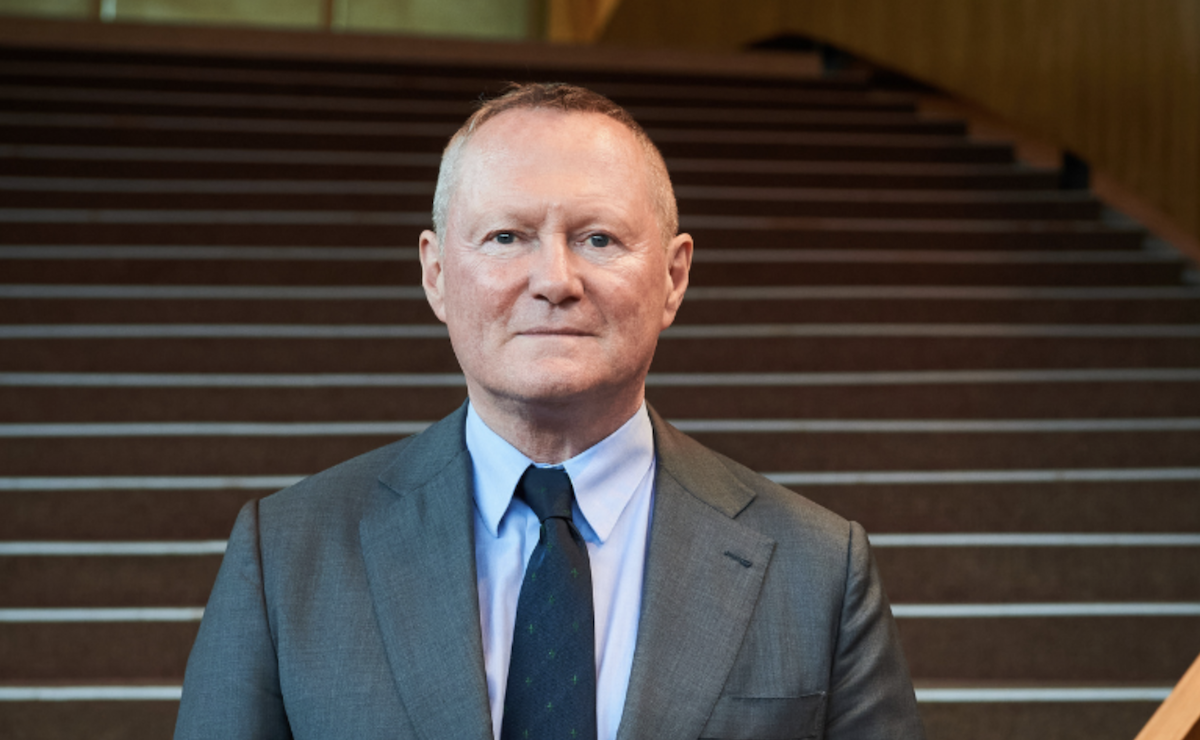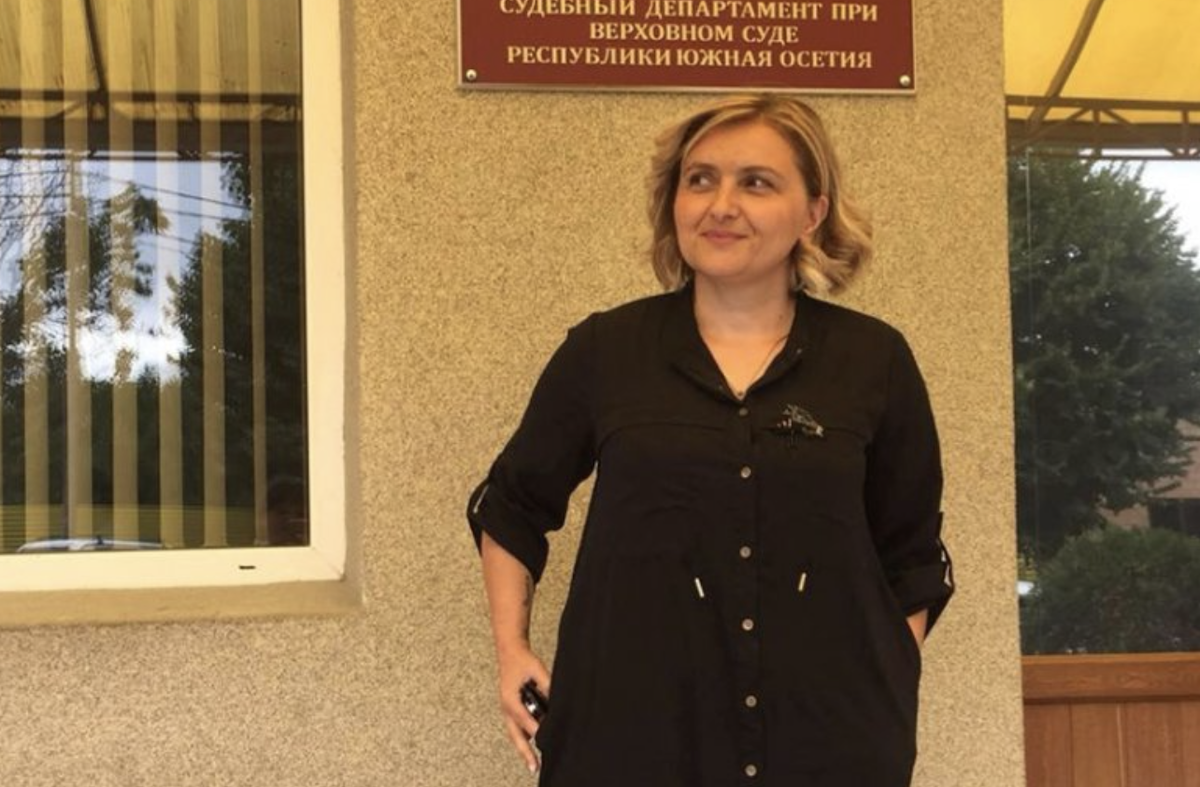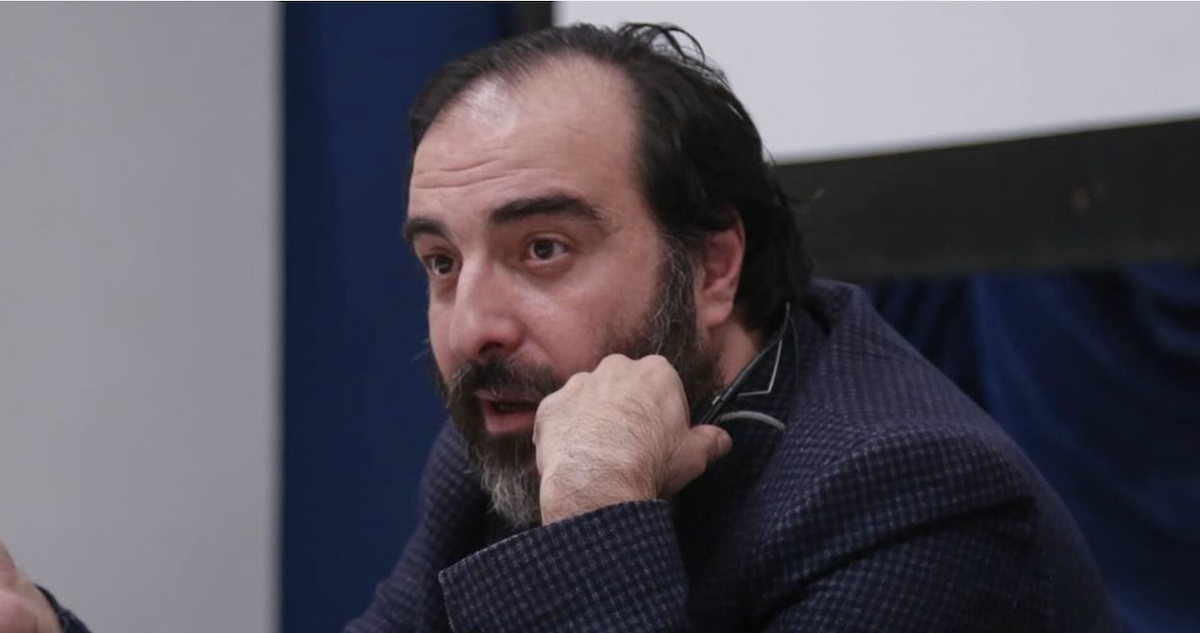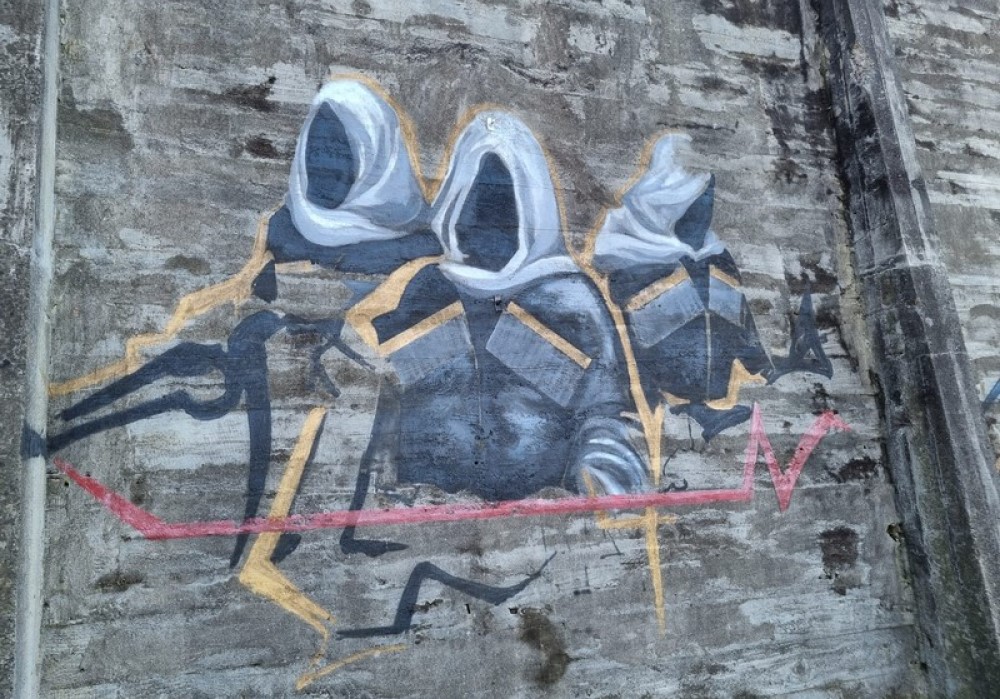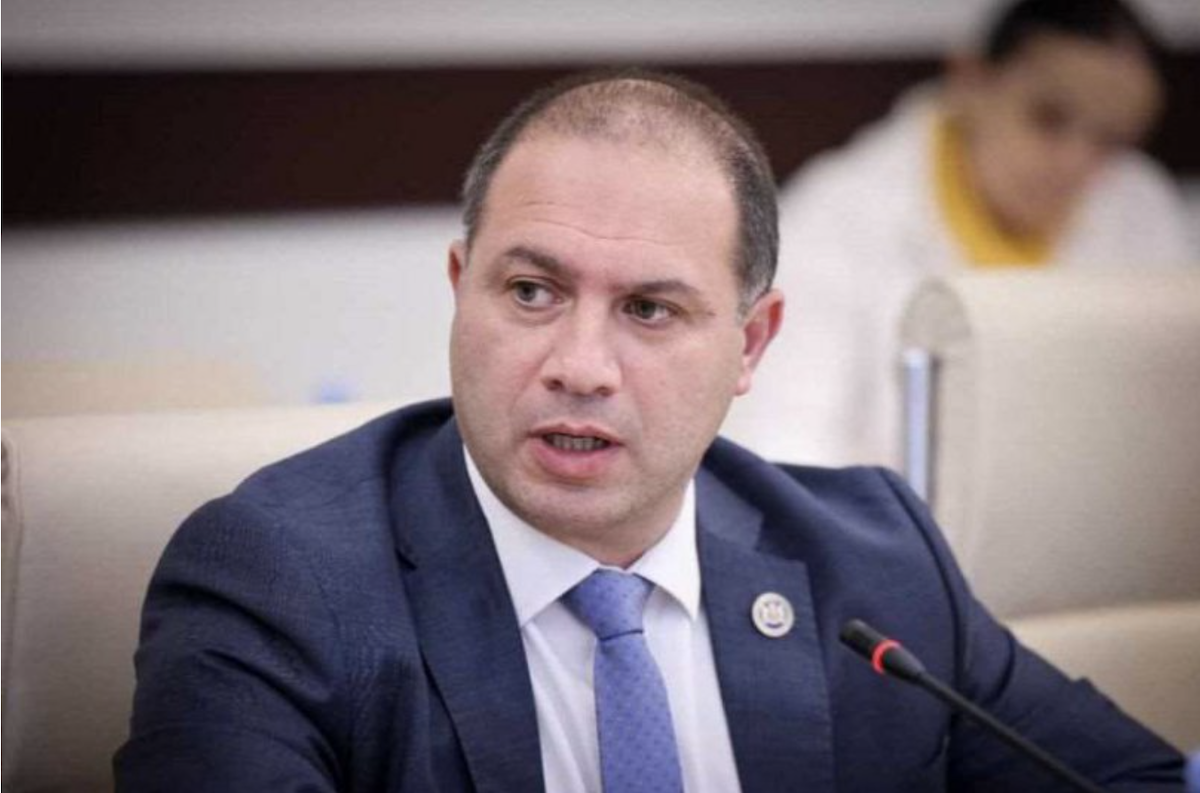A referendum for the Guinness Records
Just imagine a supermarket opened in a desert by some incredible mistake, with no road that led to it. All of a sudden, an unknown customer appeared from nowhere in this oasis of commodity products and gastronomy, which nobody has ever entered and bought anything since its opening.
Seven is too much
My polling station was lucky. It was located in the National Library hall. When I entered my polling station at noon, I was the seventh person who decided to cast a ballot.
As a rule, by this time the Central Election Commission traditionally reports that the voter turnout has exceeded the necessary threshold and the election can be considered valid irrespective of whom we elect – the president or the members of the parliament of different levels. But that wasn’t the case this time.
It was high time to adjust the granary lock at small polling stations that were opened that day throughout Abkhazia for the citizens to declare their position regarding the snap presidential election in the country. Only one person voted in the Ochamchira district by midday. The situation was the same in the Gali district and it was slightly-though not much-better in other regions.
One of my colleagues, who came from Russia to cover the election, had to wait outside one of the Sukhum polling stations for an hour just to take a photo of a person casting a ballot paper into a ballot box. No one was coming but his editorial needed to be hastily finished . Then he started persuading the members of the election commission, who were bored for lack of anything to do, to play along and participate in some staged photograps.
Naturally, he received a flat refusal. “We are engaged in a serious matter here, and you are asking us to play games. He was nearly thrown out of the building. Fortunately, at that very moment an old woman appeared at the polling station. She was one of the people who wasn’t all that interested in the final outcome, but the very fact of participating in such an event was important to her.
The old woman was happy. She was ‘traipsing about’ the transparent ballot box with the voting paper in her hand for five minutes. She could have danced in pirouettes for half an hour, but my colleague’s nerves were already on the brink. He let her know by signals and gestures that it was high time to cast the ballot.
Guinness, here comes a new record
It was no trouble for the Central Election Commission to publicize the final data after closing the polling stations at 8:00 p.m. The voter turnout barely exceeded 1% for the day. To be more precise, there were a total of 1628 people, i.e. 1.23% of the overall citizens of Abkhazia, who were part of the voters lists, who participated in the referendum for the snap presidential election. Because of this the referendum should be included in the Guinness Book of Records. Previously, only natural phenomena, that haven’t been caused by man’s doing, were included in it as the only world records from Abkhazia. Whereas now, alongside the Krubera Cave (the world’s deepest cave) and the Reprua River (the shortest one) we also have a man-made achievement–the most irrelevant plebiscite.
Nomenclature strikes back
The idea to hold a referendum struck the Abkhazian opposition last year. The former nomenclature, which unexpectedly moved away from Raul Khajimba and he and his allies’ rule in 2014, constantly reminded everyone that power had switched hands as the result of a coup. Now, he must resign from his presidential post ahead of schedule, because in addition to his wrongdoings, he deceived his citizens ‘having failed to fulfill any of his campaign pledges.’
The opposition vowed not to use Khajimba’s methods and stated it would go down another path, in this case, holding a referendum.
In March 2016, the initiative group to hold a referendum for snap presidential elections became registered. Signatures were collected over the course of one month, and there were approximately 20,000 of them. The CEC then tallied them for one month. Finally, on June 1, the President signed a decree to conduct the referendum on July 10, which came as a surprise for the opposition.
Initially, the idea of the president’s resignation as a consequence of a referendum seemed utopic. This was primarily because under the current legislation, the head of state can be dismissed only in two cases: through an impeachment procedure or a document of resignation, signed personally by the President.
The referendum could only be seen as a recommendation, but even to make such a recommendation the voter turnout needed total 50% + 1 vote from the nominal list. This target encompassed the biggest problem that could not be tackled, especially in light of the public’s present-day inert attitude towards political processes and politicians.
A gift from destiny
The political organizations supporting the head of state claimed right from the very beginning that such a plebiscite would be harmful. As they stated, the President had already been elected for a five-year term and, naturally, he had a vote of confidence for that period; secondly, such an initiative would create a bad precedent for Abkhazian statehood and would lead to unpredictable consequences. In the end they boycotted the referendum.
As a result, Leonid Dzyapshba, the Minister of the Interior, perceived such threats as grounds for action, having forbidden his employees to participate in the vote.
The opposition could not miss such a gift from destiny. “The authorities are intimidating the people, it claimed. At its special congress meeting, the opposition demanded Dzyapshba’s resignation and postponement of the plebiscite until autumn. Not waiting for Khajimba’s opinion on that issue, the opposition assaulted the MoI building.
The Interior Ministry was just a step away from falling under the attack of the ‘intimidated electorate’, but the situation calmed down due to the timely adoption of a decree on Dzyapshba’s dismissal from his post. As for postponing the referendum, the President turned out to be rigorous: “It will be within the legal timeframe and this issue is not up for debate.
Unfortunately, it was without Beckett
Then, the day before the ballot, the opposition also declared that it would boycott to the referendum. As a result, the plebiscite, around which the idea of domestic policy had been being built throughout the year, has been cast into a waste bin like a punched ticket.
It has turned out to be needless. Nine million Rubles [about $140,000] were spent for this campaign. One line in the Guinness Book of Records and my deep regrets that Samuel Beckett, the founder of the theatre of absurd, was unable to be there on this day, unusual in every respect, when Abkhazians unanimously boycotted their own referendum.
The opinions expressed in the article convey the author’s terminology and views and do not necessarily reflect the position of the editorial staff
Published: 12.07.2016










